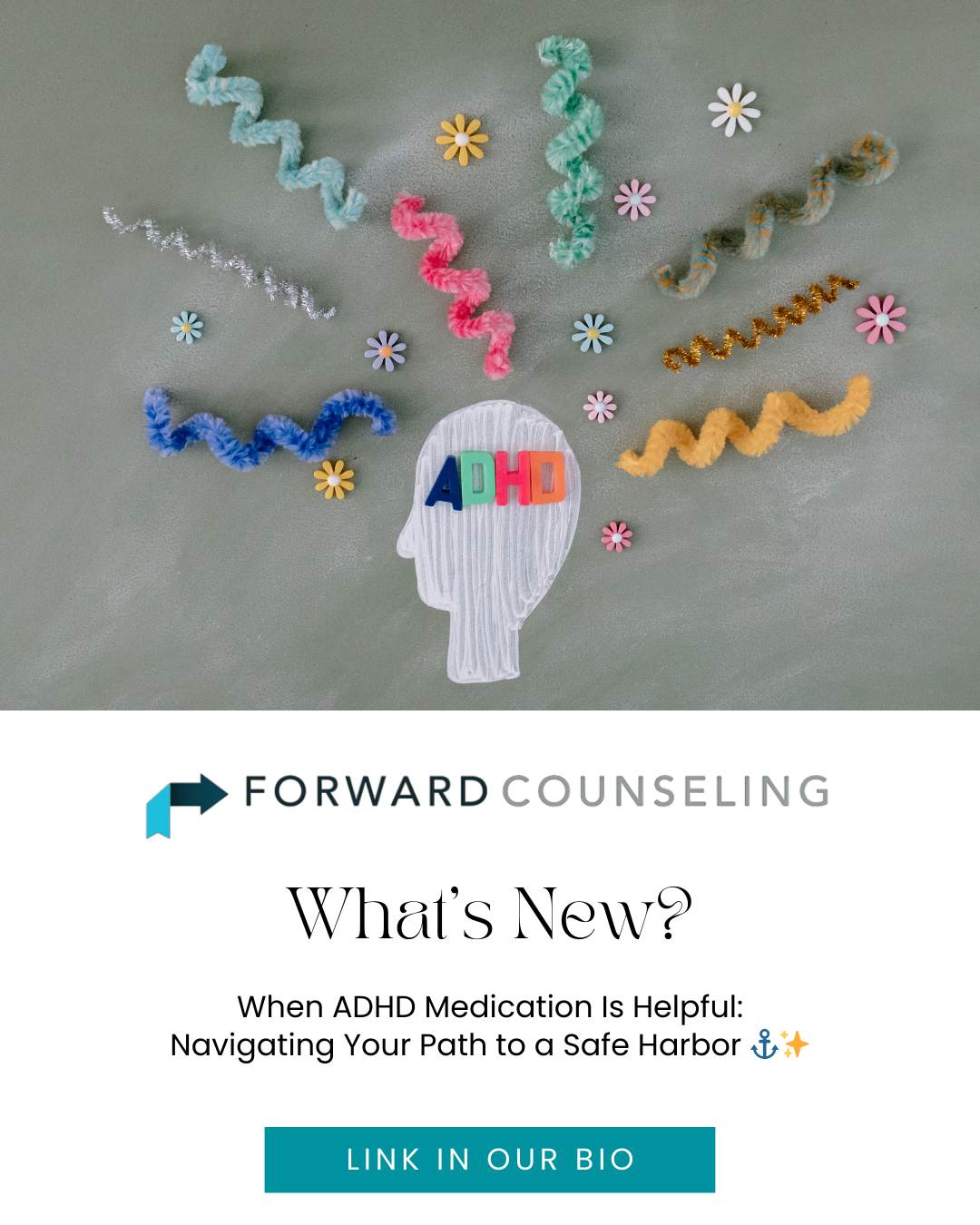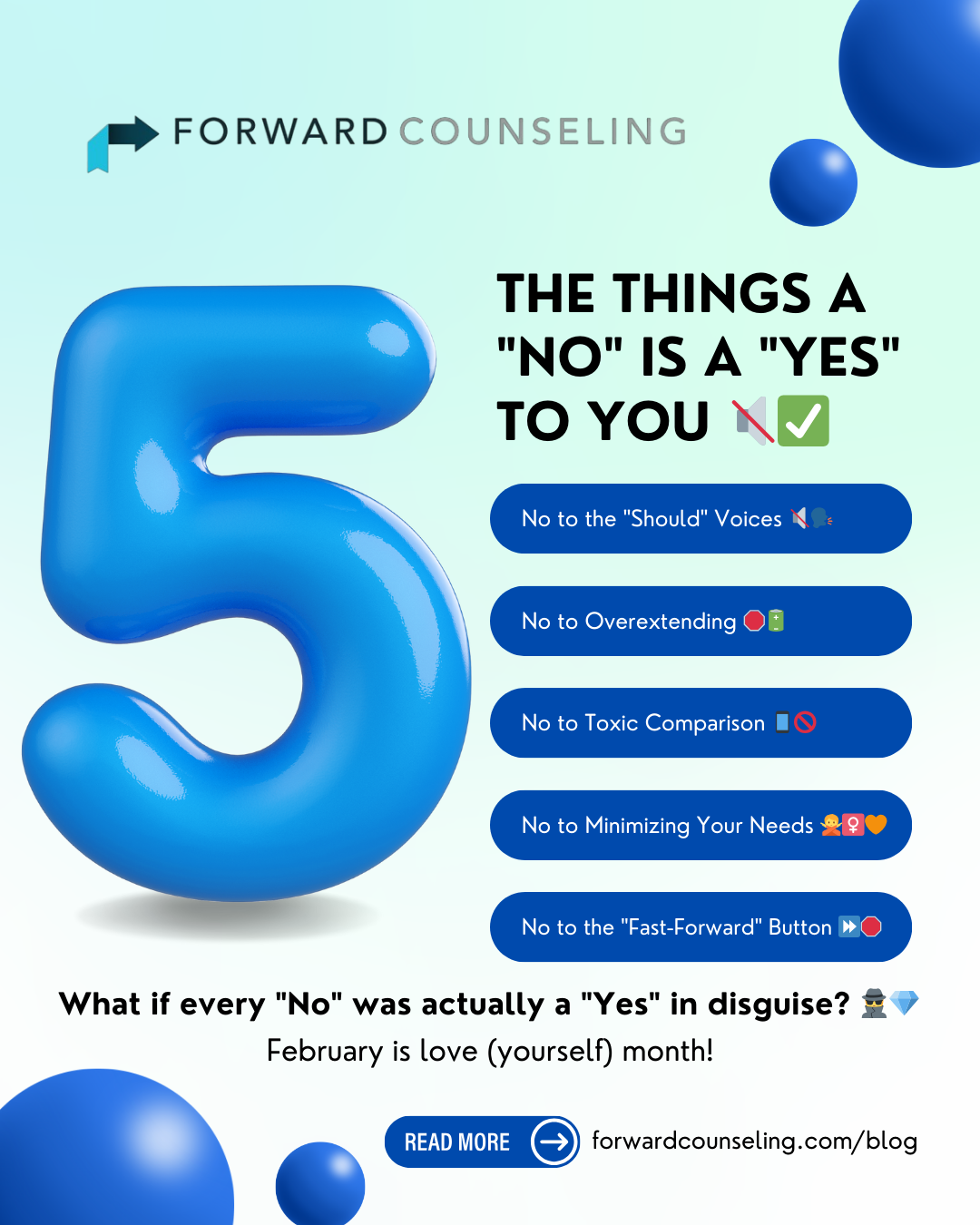Juneteenth: A Day to Celebrate Freedom and Healing
/Juneteenth holds immense significance for African Americans, serving as a day to commemorate freedom and embark on a journey of healing. As Farzana Saleem, a postdoctoral researcher in the UCLA Department of Education and Psychiatry, states, "Juneteenth is a powerful opportunity to have meaningful conversations about the experience and address mental health within the community" (Saleem, 2020).
The Impact of Slavery and Racism on Mental Health
Historical slavery and persistent systemic racism have deeply affected the mental health of African Americans. Thomas Norman DeWolf and Jodie Geddes, authors of "The Little Book of Racial Healing: Coming to the Table for Truth-Telling," emphasize that "the legacy of slavery continues to shape the mental well-being of African individuals and communities" (DeWolf & Geddes, 2019, p. 11). Generational trauma and psychological consequences, such as anxiety and depression, continue to be passed down through generations, contributing to mental health challenges within the community.
The Stress of Systemic Racism
Systemic racism inflicts various stressors and experiences on African Americans, impacting their mental health in profound ways. Racial discrimination, microaggressions, and racially motivated violence create a hostile environment that takes a toll on well-being. As highlighted by Saleem, "the stress of ongoing racism and discrimination can lead to increased rates of depression, anxiety, and other mental health issues" (Saleem, 2020). Moreover, economic inequality and limited access to resources further exacerbate these challenges, underscoring the urgent need for comprehensive support.
The Importance of Self-Care
Self-care plays a crucial role in coping with the stressors of systemic racism. It empowers individuals to prioritize their mental well-being and build resilience. Licensed therapist Dr. Jasmine Wright emphasizes that "self-care is not a luxury; it is a necessity, especially for individuals navigating the impact of racism and discrimination" (personal communication, May 3, 2023). Engaging in activities that promote self-care, such as practicing mindfulness, engaging in hobbies, and seeking therapy, can be transformative for mental health.
The Power of Community:
Community support serves as a vital component of healing and solidarity for African American individuals. Safe spaces and sharing experiences within the community foster a sense of belonging and understanding. Dr. Marcus Davis, a mental health advocate, highlights that "community support provides a sense of validation and reduces the feelings of isolation that many African individuals face" (personal communication, May 3, 2023). Support networks, cultural organizations, and community resources play a crucial role in promoting mental health and well-being.
Here are some steps to help you become the best version of yourself:
Step 1: Prioritize Self-Care
Recognize the importance of self-care and make it a priority in your daily routine.
Engage in activities that promote relaxation and stress reduction, such as meditation, deep breathing exercises, or mindfulness practices.
Take time for hobbies and activities that bring you joy and provide a sense of fulfillment.
Step 2: Seek Support
Build a strong support network by connecting with friends, family, and community members who understand your experiences.
Consider joining support groups or organizations that focus on mental health and provide a safe space for sharing and healing.
Reach out to mental health professionals who specialize in cultural competence and can provide tailored support.
Step 3: Practice Self-Compassion
Be kind to yourself and practice self-compassion. Understand that the challenges you face are not your fault and that you deserve love and care.
Challenge negative self-talk and replace it with positive affirmations and uplifting messages.
Take breaks when needed and allow yourself time to rest and recharge.
Step 4: Cultivate Resilience
Build resilience by focusing on personal growth and self-improvement.
Develop coping strategies that work for you, such as journaling, creative outlets, or physical exercise.
Seek inspiration from the achievements and resilience of historical and contemporary African American leaders.
Step 5: Educate Yourself
Stay informed about racial justice issues and the history of systemic racism.
Read books and articles, listen to podcasts, or watch documentaries that explore these topics.
Engage in critical conversations to increase awareness and promote understanding.
In conclusion, Juneteenth offers a valuable opportunity to celebrate freedom and raise awareness about mental health disparities within the African American community. By prioritizing mental well-being, seeking support, and engaging in self-care practices, individuals can embark on a journey of healing and resilience.
At Forward Counseling, we understand the unique challenges faced by the African American community and are committed to providing comprehensive mental health support. Our team of licensed therapists specializes in cultural competence and offers tailored services to address the specific needs of African American individuals.
Visit our website, www.forwardcounseling.com, to learn more about our mental health services and how we can support you on your healing journey. Together, we can work towards healing and liberation for all. As we commemorate Juneteenth, let us continue the conversation, promote mental health equity, and strive for a society that uplifts and supports the mental well-being of African American individuals.
References:
Acosta, T.P. (2021). [Review of the book On Juneteenth, by Annette Gordon-Reed]. Southwestern Historical Quarterly 125(2), 221-223.
Saleem, F. (2020, June 19). Juneteenth - One of Many Opportunities to Talk to African Youth about Being African in America.
DeWolf, T. N., & Geddes, J. (2019). The Little Book of Racial Healing: Coming to the Table for Truth-Telling. [Ebook]






